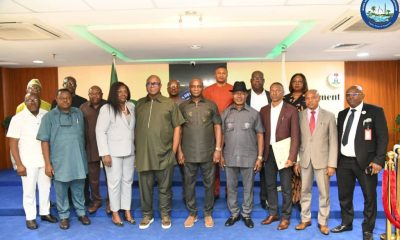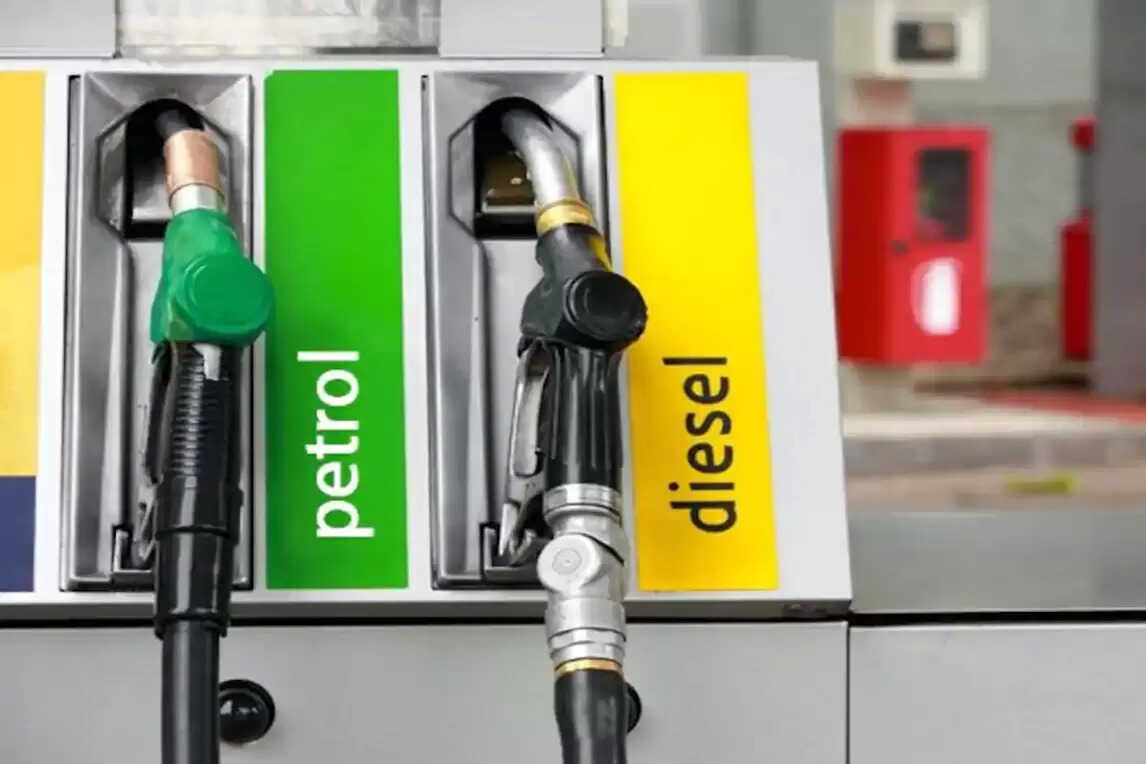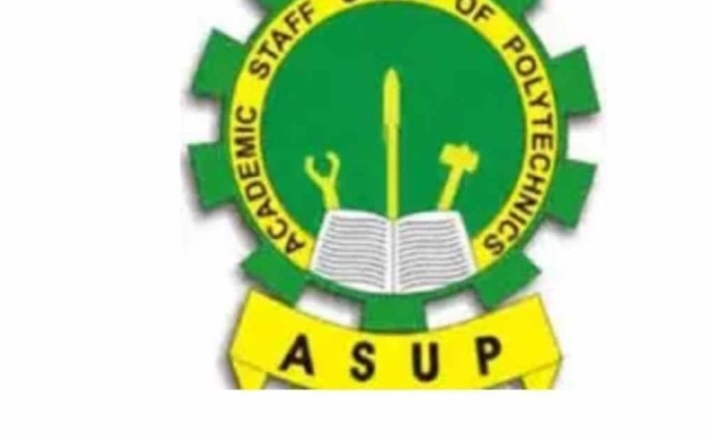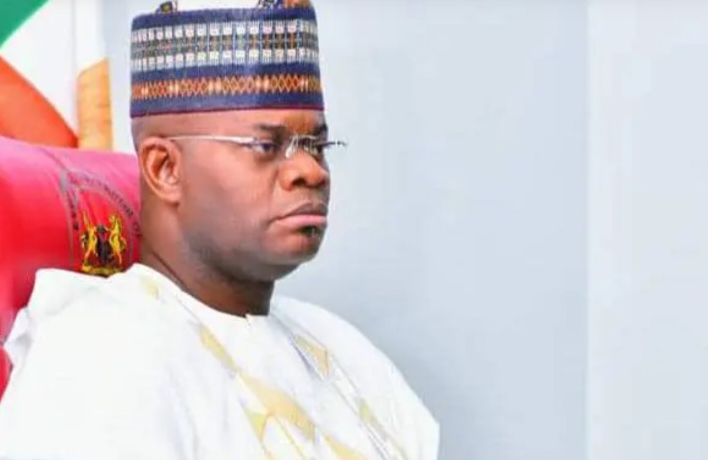The National Hajj Commission of Nigeria (NAHCON) has inaugurated a 32-man Screening/Aviation Monitoring Committee for the 2025 Hajj air-carriers and cargo conveyers.
According to a statement signed by the Assistant Director Public Affairs of NAHCON, Fatima Sanda Usara, also inaugurated was a six man secretariat for the committee.
The inauguration was followed by the opening of application forms for the issuance of Hajj licence for airlift of the 2025 pilgrims from Nigeria.
The event took place in Hajj House, the NAHCON headquarter, on Tuesday, November 26, 2024.
Usara said this sets the pace for a series of activities that will culminate in the selection of pilgrims’ air carriers as well as excess luggage freighters for the 2025 Hajj exercise.
The Committee, chaired by NAHCON’s Commissioner of Operations, Inspection and Licensing (OILS), Prince Anofi Olanrewaju Elegushi draws membership from several aviation industry managers as well as stakeholders from the State Pilgrims’ Welfare Boards, representative from the Presidency, Security Agencies and NAHCON staff.
The composition of the committees include five representatives from State Pilgrims’ Welfare Boards, three from the Nigerian Civil Aviation Authority (NCAA) and one member each from the Federal Airports Authority of Nigeria (FAAN), Nigerian Airspace Management Agency (NAMA), Nigerian Meteorological Agency (NIMET), and Nigerian Safety Investigation Bureau (NSIB).
Similarly, one member each was drawn from Nigerian Customs’ Service (NCS) and Independent Corrupt Practices Commission (ICPC). Others are NAHCON Board members representing each geo-political zone of the country, NAHCON Heads of Aviation, Procurement, Legal, Internal Audit, Special Duties as well as Board Member representing the Aviation industry.
Usara said 11 airlines, including two from Saudi Arabia sent applications indicating interest in the airlift of pilgrims for this year’s Hajj.
“From Saudi Arabia under the airlift bilateral agreement are FlyNas and Flyadeal. Nine applications are from Nigerian airline companies; they are Air Peace, GYRO Air Limited, Max Air Ltd, Nahco Aviance, Tarco Aviation, Umra Airline Limited standing for Ethiopian Airlines, UMZA Aviation Services Limited, Value Jet and Trebet Aviation Ltd,” she said.
“Meanwhile, five cargo companies applied for excess luggage transportation. They are Aglow Aviation Support Services Limited, Cargo Zeal Technologies, Qualla Investment, Kiswah Logistics Services Limited, and Sokodeke Global Travels and Cargo.”
One of the Terms of Reference for the Airlines Screening Committee is: Screen the prospective carriers that applied for license for the airlift of pilgrims and those for Excess Luggage in respect of the 2025 Hajj.
Secondly, they are to decline the screening of any applicant whose status or documents are at variance with the conditions of application as stated in the adverts, and application form.
“Determine the suitability and capability of the applicants in line with the extant Nigerian Civil Aviation regulations and ICAO standards and recommended practices,” Usara said.
“Establish criteria, score or grade for suitability and for the recommendation of an applicant, recommend minimum standards of operation in accordance with industry best practices by the pre-qualified companies.
“Recommend appropriate pilgrim airfare and excess luggage rate for the specified departure zones make any other recommendations necessary for the efficient conduct of the 2025 Hajj airlift.
“To allocate passengers to the carriers based on their assessed capabilities in line with paragraph Ill above and submit a comprehensive report at the completion of the exercise for consideration of the EXCO of the Commission.”
Usara in the statement also spelt out the Terms of Reference for the Aviation Monitoring Committee (AMC).
“To constitute a subcommittee to review and evaluate all documents to be submitted by applicant Airlines in respect of 2025 Hajj,” she said.
“To serve as member of the 2025 Air Carriers/Cargo Screening Committee, to inspect and assess the readiness of the airports being considered for the 2025 Hajj Operation.
“Make specific and general observations/recommendations arising from above. Monitor all inbound and out bound flights at all departure centres to check compliance with the airlift agreement and industry standards.
“Monitor the quality of in-flight services in accordance with industry standards. Monitor compliance with (32/8kg) luggage policy of the commission by carriers and pilgrims.
“To recommend appropriate actions/penalties against defaulters (carriers or SPWBs as the case maybe). Liaise with the Central Security Committee and Task Force on abscondment of pilgrims in order to provide support where needed.
“To undertake any action deemed necessary for the success of airlift operations and also make appropriate recommendation (s) incidental to the entire assignment.”
Present at the event was Senator Abubakar Sani Bello, Chairman Senate Committee on Foreign Affairs who was represented by Senior Legislative Aid, Alhaji Rabi’u Adamu Pan-Uku. Also present were Chairman House Committee on Muslim Pilgrimage, Hon. Jaafaru Muhammad (Shettiman Borgu), representatives of airlines and all other committee members.
In his opening remarks, the NAHCON Chairman, Professor Abdullahi Saleh Usman described the inauguration as an important activity that demands commitment due to the magnitude of work involved and its significance to successful operations.
Usman also urged the members to work within the terms of reference towards providing excellent services to pilgrims.
In his submission, the NAHCON Commissioner OILS, Prince Elegushi, called on members to re ready to work day and night in order to conclude their assignment within the timeframe allotted.
Elegushi reminded them of the crucial place aviation occupies in the operation of Hajj. In addition, he assured all stakeholders that the screening will be conducted in a very transparent manner while seeking their support to reach the goal of the screening and monitoring successfully.
The commissioner described last year’s Hajj airlift as successful, having concluded both the outbound and inbound flights earlier than slated. Prince Onofi gave assurances of replicating the feat and even better.
Senator Abubakar Sani Bello apologised for being unavoidably absent due to another national assignment.
Bello’s representative bore witness to the transparent process deployed on the task and promised to report same to his principal.
Meanwhile, Hon. Jafaru called on the airlines that would emerge successful to discharge their responsibilities with the fear of God.
Other speakers at the occasion include representative of the aviation industry and the NAHCON Commissioner Planning, Research, Statistics, Information and Library Services, (PRSILS) Prof. Abubakar Yagawal.
The event ended with a vote of thanks by Commissioner, Policy Personnel Management and Finance (PPMF), Alhaji Aliu AbdulRazaq. The committee is expected to submit its report by December 2, 2024.
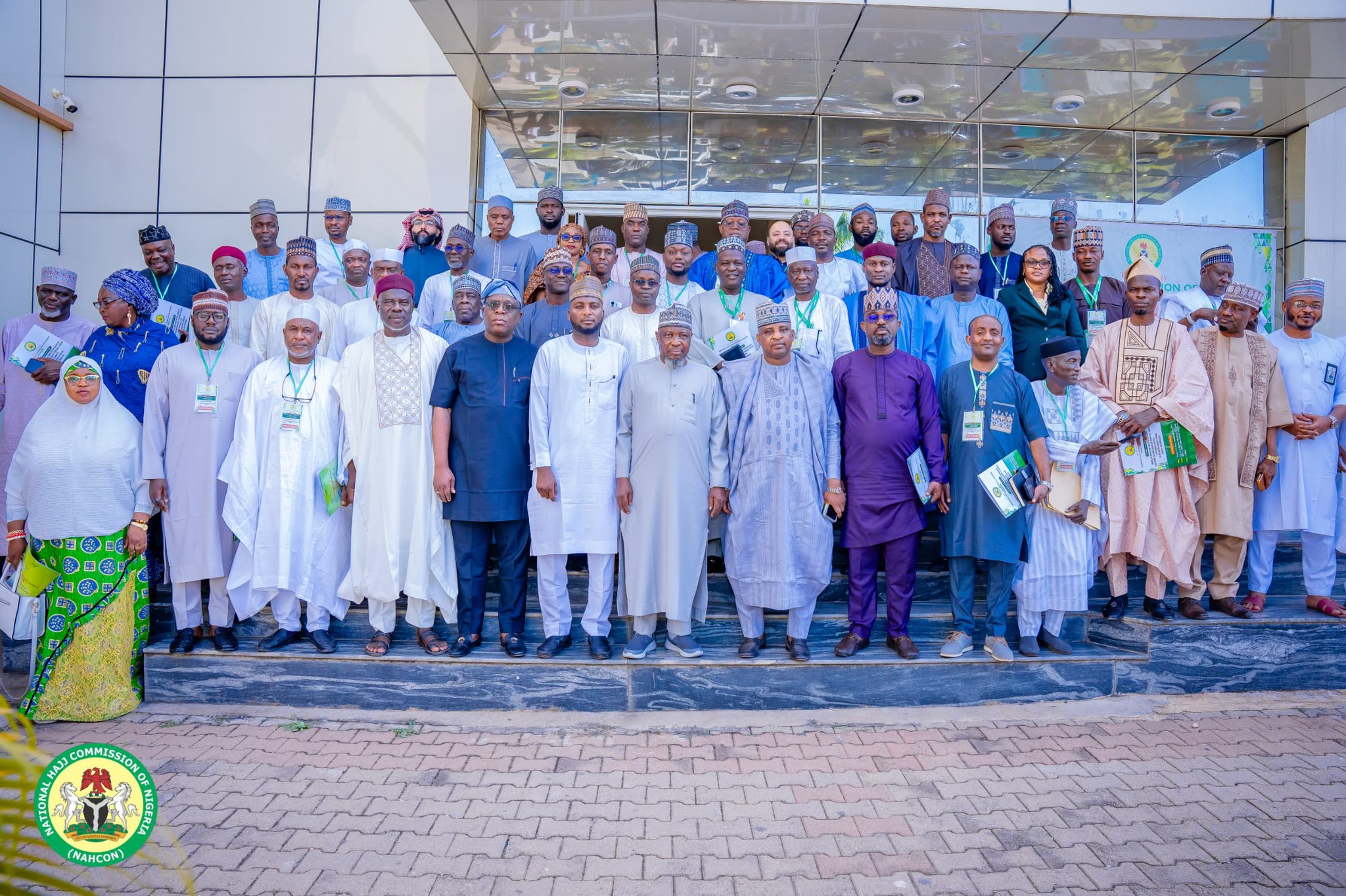
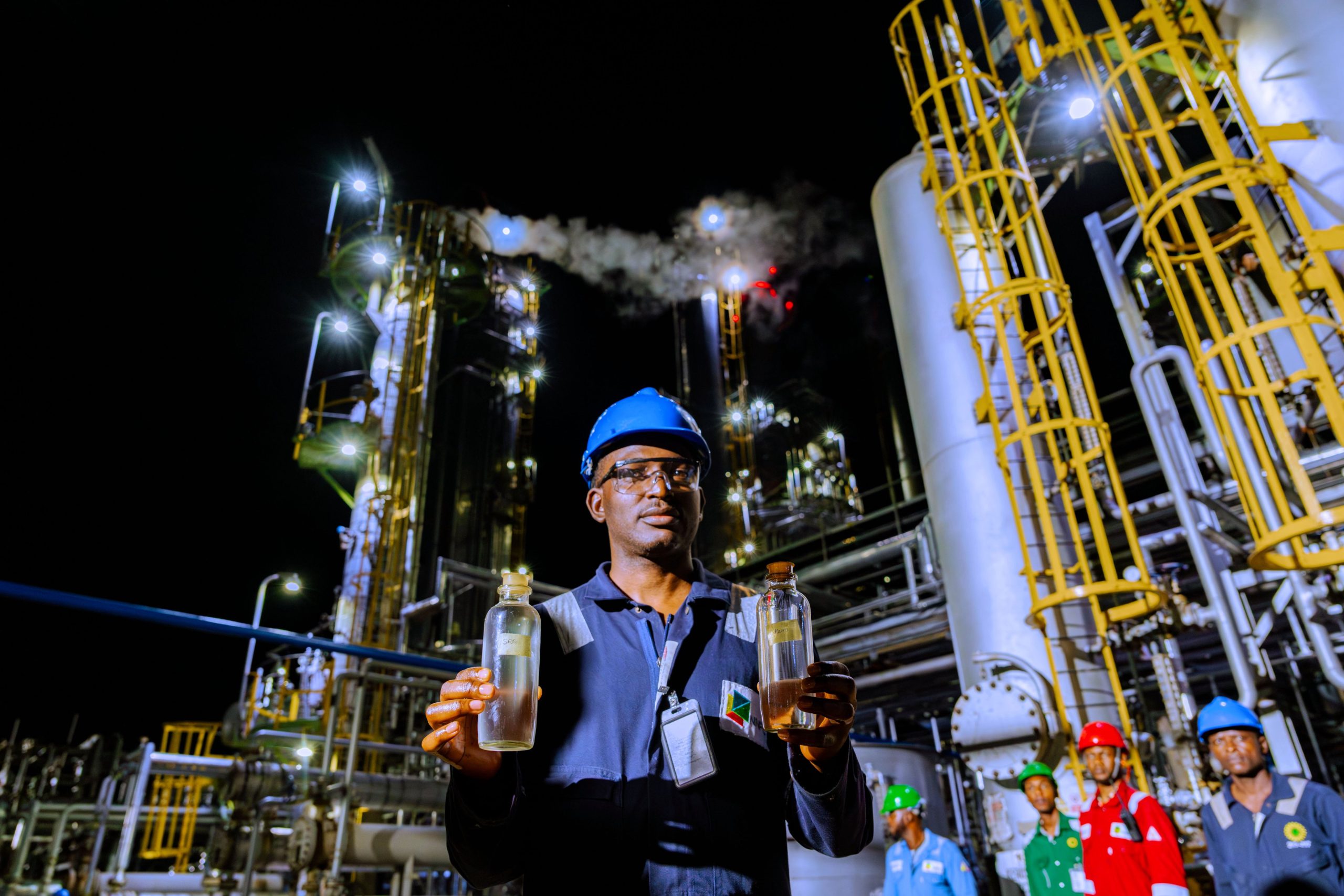

 News22 hours ago
News22 hours ago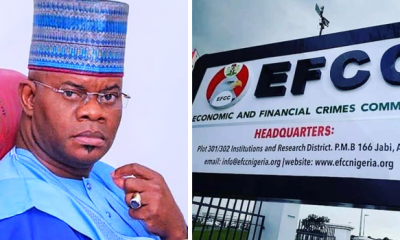
 Metro21 hours ago
Metro21 hours ago
 Business21 hours ago
Business21 hours ago
 News20 hours ago
News20 hours ago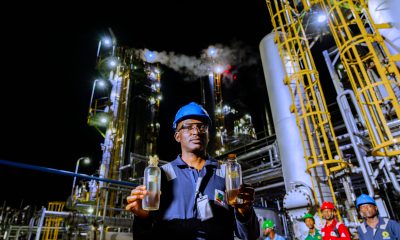
 News5 hours ago
News5 hours ago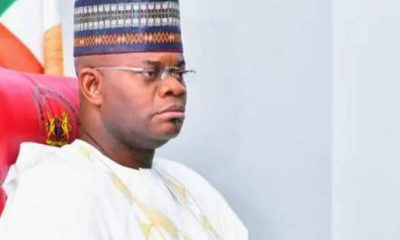
 News15 hours ago
News15 hours ago
 News22 hours ago
News22 hours ago
 News18 hours ago
News18 hours ago
 Health22 hours ago
Health22 hours ago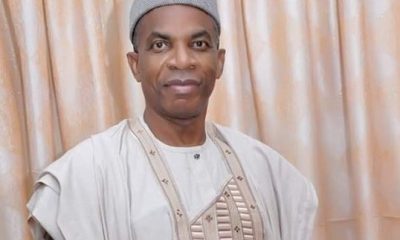
 Politics19 hours ago
Politics19 hours ago

